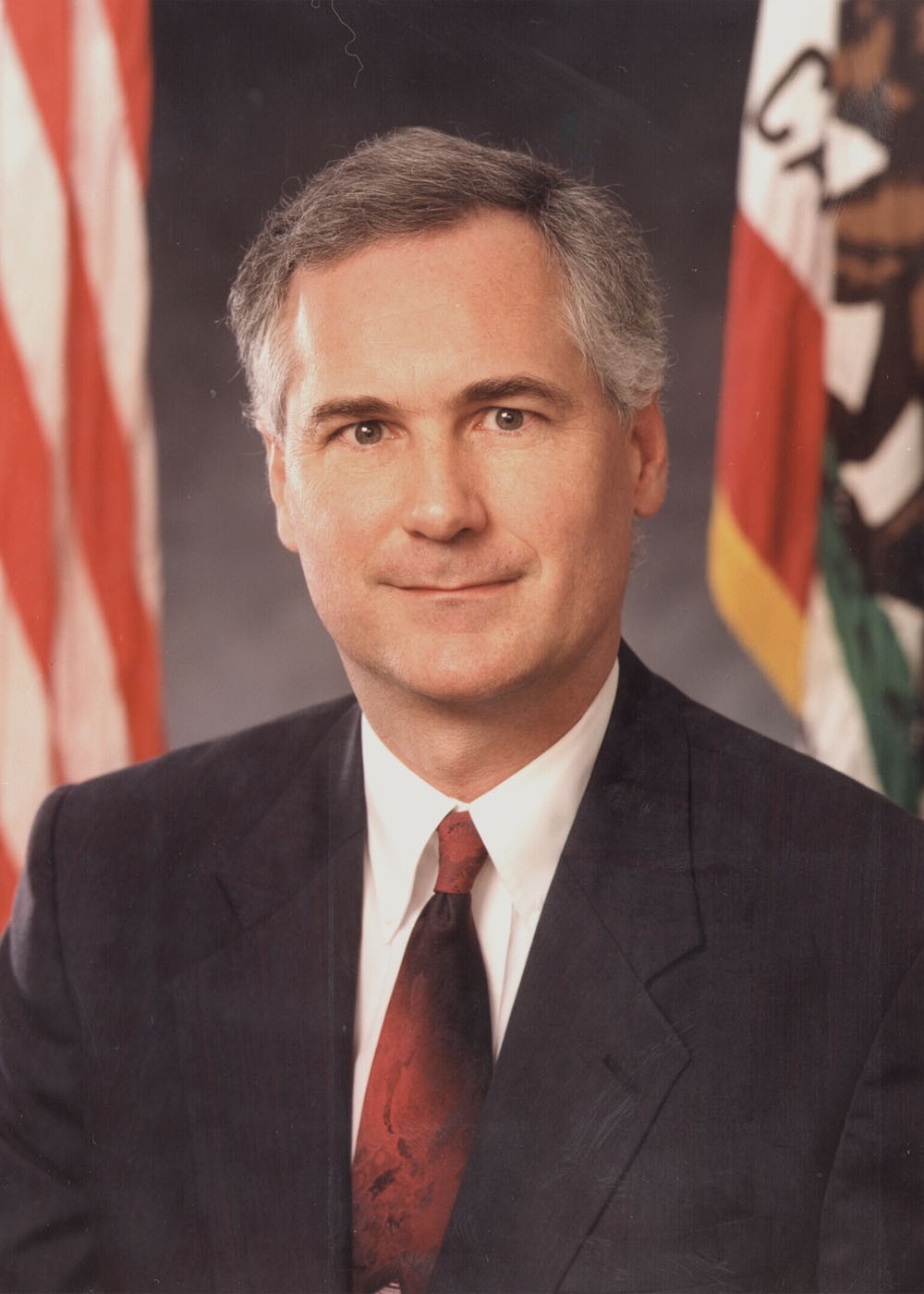As the State Senate was debating the budget that was rejected by over two thirds of Assembly Republicans, Tom McClintock gave the following floor speech. As you read this, we are all in solidarity with Tom and his colleagues who have been "locked in" to the Senate chambers…
 Mr. President:
Mr. President:
A year ago, this legislature adopted a budget that ran up the biggest general fund deficit in California’s history. The architects of this budget admit to adding another half billion dollars to the cumulative shortfall, and expect that this looks good in comparison.
There are two problems. First, by their own numbers, this budget sets in motion a deficit next year of between $5 ½ billion to $7 billion (depending on how you account for reserves). That means the five-year cumulative deficit under this administration will be roughly twice what it was under the five years of the Davis administration. BY THEIR OWN NUMBERS.
Here’s the second problem: the ACTUAL numbers are much worse, because of billions of dollars of gimmickry that borders on the ludicrous.
My favorite is this one: we had a $600 million revenue shortfall in the final months of the fiscal year just ended. This budget simply PRETENDS that we took in that money anyway.
Try that excuse at home: "Honey, the bad news is that I got laid off two months ago – but the good news is, I asked the bank to PRETEND to deposit my paycheck anyway."
Or try this one: nearly a billion dollars of revenue is contingent on selling the state’s Ed Fund, although it has never even been appraised and some experts believe it’s worth about a fifth of that. "Honey, I just bought a new Porsche for myself and a diamond necklace for you. How are we going to pay for it? Don’t worry; I’m planning to sell our Chevy for $100,000."
We have the same problems with nearly $200 million of Tribal gaming revenues.
And while we’re on the subject of "irrational exuberance," the budget also depends on a brisk comeback in the real estate market next year, defying every economist that I’m aware of – not to mention our own Legislative Analyst.
Here’s a good one: The administration has already agreed to a third of a billion dollars in salary increases for prison guards – that’s the OPENING bid. How much is in the budget for that? Precisely NOTHING. "Honey, I figured out a way to join the Country Club without upsetting the family budget – I just won’t put the dues in the family budget."
The state is under federal court order to stop the outrageous practice of looting safe deposit boxes and college and retirement funds without even warning people their property is being seized. We’ve assure the court that we’re going to fix that – but we’re still planning to collect nearly the same amount of revenue.
I can’t wait to hear what the judge is going to say to that.
All told, this budget teeters on a house of cards amounting to about $5 ½ billion worth of such sophistries.
So the claim that this budget is "only" a half-billion dollars out of balance is simply a monstrous … how do I put this politely … a mathematical malfunction.
Next we hear the claim, "But we have a huge reserve of $3 ½ billion." Let me remind you that huge reserve WAS $10 ½ billion JUST ONE YEAR AGO – largely the result of money we borrowed in 2004. It’s gone from $10 ½ billion to $3 ½ billion since last year: That’s a measure of how fast we’re digging this state into the hole. And by the way, that HUGE reserve of $3 ½ billion isn’t enough to cover the deficit you’ve already set in motion for NEXT year – and that’s BEFORE all of your accounting peccadilloes come home to roost.
In the year just closed, we spent a larger portion of Californians’ earnings than we ever spent in the entire history of this state. Meanwhile, our debt burden tripled in just three years, also to record levels.
And yet, despite record levels of spending and record levels of borrowing, we STILL can’t seem to scrape together enough money to build a decent road system or educate our kids or protect our families from predators.
And this brings me to the fine point of the matter. We’re told "we can’t possibly make any more cuts."
This is not about cutting programs. It is about changing the way programs spend money.
Why does it cost us $42,000 to house a prisoner when Florida pays just $18,000?
Why does it cost us $163,000 to build a prison bed when it costs Michigan a third of that?
Why is it that we pay the third highest tax per gallon of gasoline in the country, and yet we rank 43rd among the 50 states in our per capita spending on highways?
Why is it that over the last 10 years, our per pupil spending has nearly doubled from $6,000 to $11,500 per student while achievement has remained stagnant?
We don’t ask those questions much because it upsets the spending lobby.
Ultimately, though, we’re going to have to ask them, and when we do, the answers are just as obvious:
We’re going to have to get back to paying market-rate wages and benefits for public services.
We’re going to have to decentralize administration of programs and eliminate the vast bureaucracies that have grown up within them.
We’re going to have to get back to contracting out services. (If you can find it in the Yellow Pages, government shouldn’t be doing it).
When we followed these simple principles – and others like them – we produced a far higher level of service at far lower cost, and the economy prospered.
For every budget that we fail to address these questions, the harder the next generation’s work becomes.

